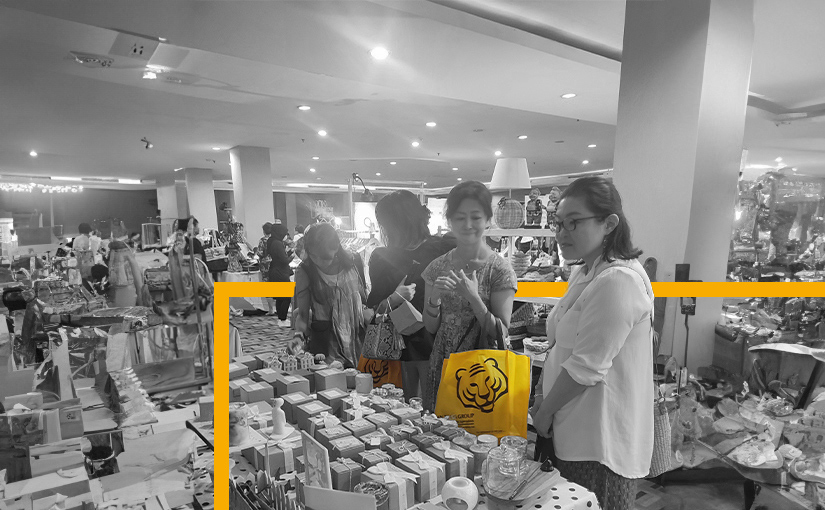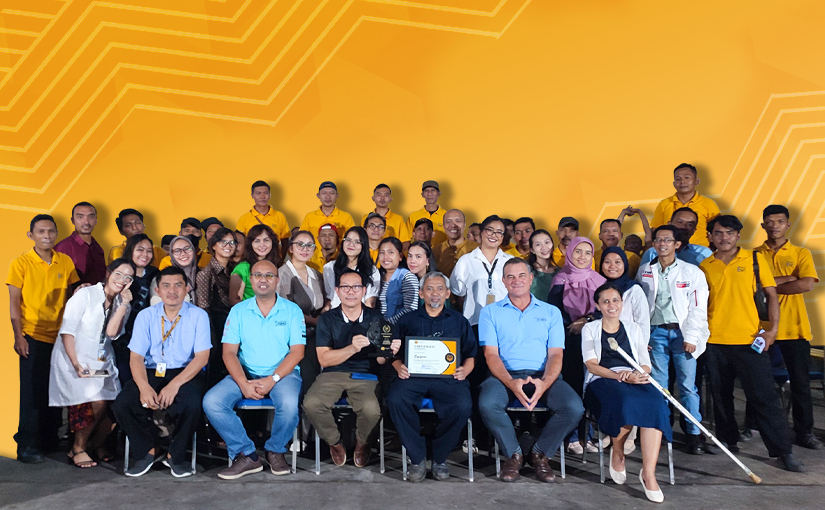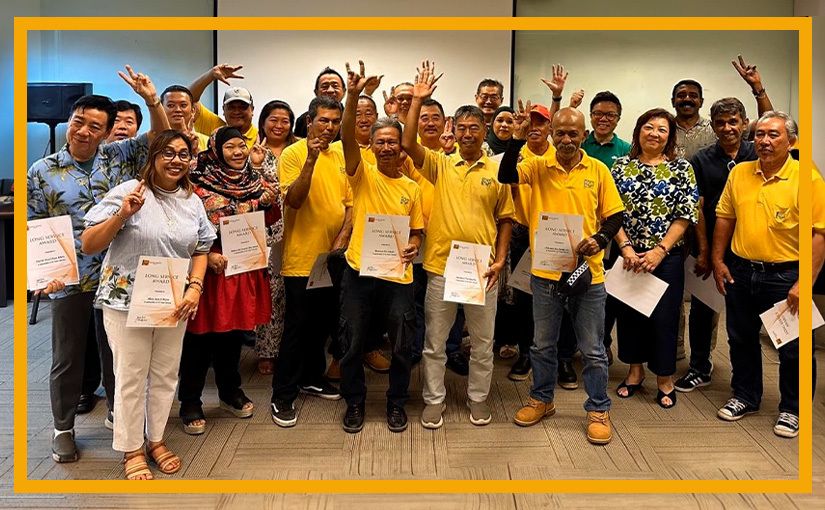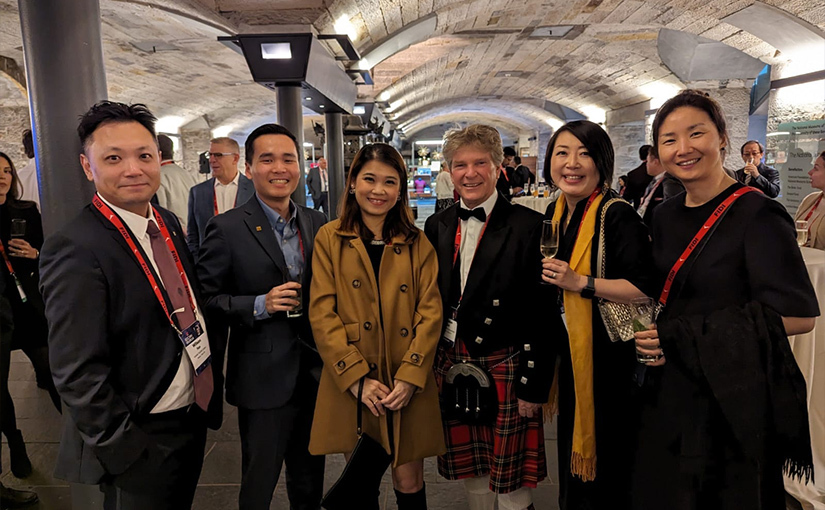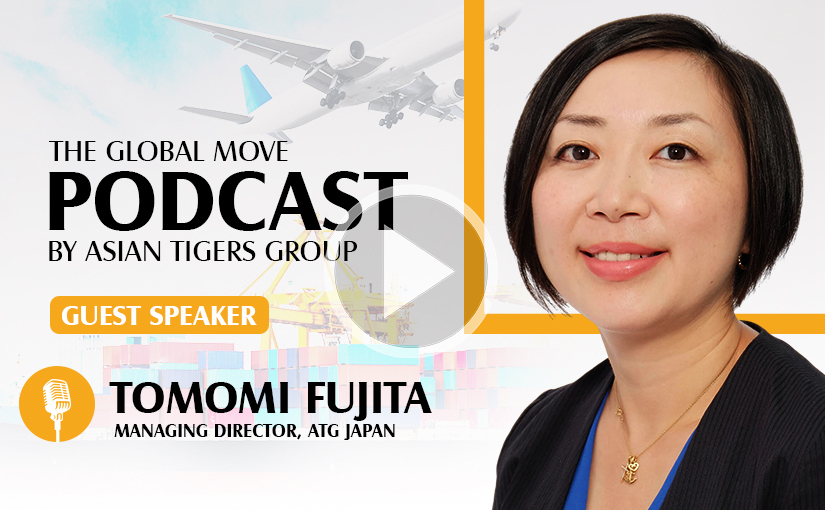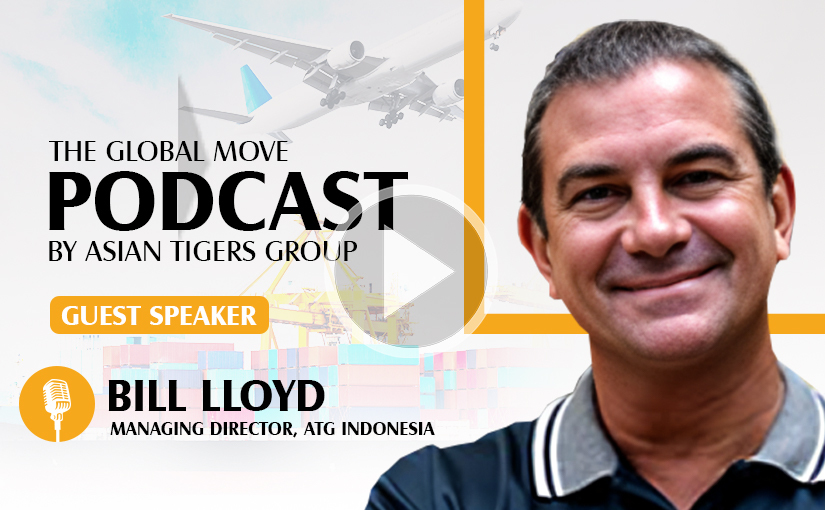The Korean Real Estate Market
The Korean Real Estate Market
8 Nov 2017
Gus Sunwoo, GMS
For expats, an assignment to South Korea can be a magical ticket into a mystical world. While global business, electronics and high finance drive the country’s economy, life is grounded in centuries of history and stunning landscapes. Ancient temples and palaces beckon, while rich culture and nonstop nightlife abound. Breathtaking scenery beckon from the mountain trails while local food offerings can be an adventure all its own. But before one starts their new life in the Land of the Morning Calm, they will have to tackle and secure one of the most basic human necessities – housing.
Companies in South Korea often provide furnished apartments for expats, but they can be tiny and bland. Expats who seek out housing on their own, especially in Seoul, should be prepared for high rents and steep security deposits, also known as “key money”. The larger the key money payment, the smaller the monthly rent.
There are three types of renting norms in Korea – rent, wolse, joense.

For Rent, the typical lease term is for 2 years, even though only 1 year is fixed so long as a two month notice period clause is stipulated into the contract, therefore making it a minimum 12 months’ lease. The rent money payment is to be paid in one lump sum payment in advance and a yearly payment may be negotiated with certain landlords. This is a unique system tailor made for the foreign expatriate market in South Korea.
For Wolse, the typical lease term is for 1 or 2 years and requires a pre-agreed security deposit amount for the term of the lease. The monthly rent amount is to be paid in advance every month.
For Jeonse, the typical lease term is for 2 years and is a unique renting system only found in South Korea. There is no monthly or annual rent payment and the “key money” deposit is a large lump sum payment, approximately 70-90% of the housing unit’s market value. This “key money” deposit is wholly returned back to the renter at the end of the lease.
In the general expat neighborhood areas, most properties provide built-in items such as kitchen appliances, air conditioners, water coolers and washing machines. Local Korean residential areas do not receive such amenities as they are expected to bring their own when they move in. The only exclusions that fall under the renter’s responsibility are general household utilities, residential management fees, club memberships, cleaning services, internet/cable TV and real estate commissions. Both landlord and renter are responsible to pay their respective realtor an agency fee when the contract is signed, even if one realtor is representing both parties.
If an expat is single, they can be a bit more adventurous and look for housing in some of the current lifestyle hotspots that South Korea has to offer. For Seoul, areas such as Gangnam and Hongdae would offer a glimpse of a fast-paced world in style, food, fashion and nightlife. For expats with accompanying children, it is highly recommended to stay within the general expat neighborhoods as they are centrally located near the international schools where their children will be attending.
With children, it is essential to secure a spot in one of the international schools first before housing is considered. The recommended steps would be to first secure the child’s school location and then proceed to search for housing near the school in order to minimize the child’s journey time between the new home and the school.
If an expat chooses to search for housing on their own, here are some hints and tips on what to avoid during their search. Real estate listing websites with pictures of properties should be carefully examined or altogether avoided if it looks to good to be true. Many sites use false properties, false pictures or both to attract one’s attention and once the expat visits the real estate office, the realtor will claim the property is no longer available and try to convince the expat into viewing lesser quality properties in hopes they simply sign on the spot. In addition, realtors need to be checked to make sure they are properly licensed and in good standing. Using an unlicensed realtor would open the doors to legal difficulties in enforcing any contract negotiations or disputes with a landlord.
South Korea is a humid country. As such, once an expat secures their housing, it is very important to note that proper ventilation is required to avoid dew condensation inside the house. Leaving an air conditioner or heating unit turned on all day long without proper outside ventilation may damage one’s personal belongings in the long run, so every once in a while, it is advised to open the windows and let the outside air circulate within the house. Optimal indoor temperature ranges from 18-24°C with optimal indoor humidity to remain within 40-50% levels.
Currently, real estate market trends and local experts are predicting the cost of purchasing properties within Seoul city limits will decrease in the coming months. This may lead to a drop in rental costs depending on demand, but one should not expect any drastic reductions within the more favored expat neighborhoods. In addition, with the increasing rise of single family households in South Korea, smaller sized apartments are becoming more popular and in demand when compared to larger sized apartments with 3-4 rooms. For this reason, the rental prices on larger apartments remain stagnant while new construction is focusing on building smaller unit buildings.
For peace of mind, stress free transactions and to secure the best possible housing options, the best and most recommended method is to use a professional relocation consultant who understands the needs of expats and what they are looking for in housing accommodations while working with a select group of trusted realtors that provide solid options catered solely to the expat market.
As they say in South Korea, haenguneul dama – all the best!


